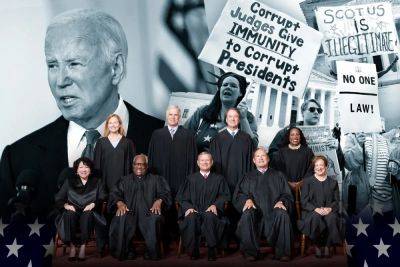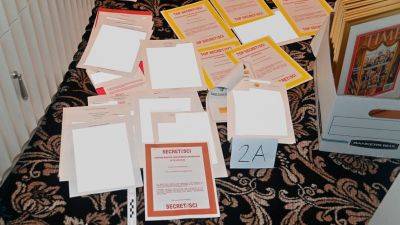With Chevron reversal, Supreme Court paves way for a 'legal earthquake'
- The Supreme Court remanded nine cases to lower courts last week in light of its reversal of the landmark precedent knowns as the Chevron deference.
- This batch of cases may be the first indication of the legal upheaval that could play out across the United States judiciary now that one of the most widely cited Supreme Court decisions has been overturned.
- Several conservative anti-regulation groups have been preparing for the post-Chevron world by planning legal challenges and lobbying efforts, according to a new report.
Four days after the Supreme Court ruled in the case of Loper Bright Enterprises vs. Raimondo, overturning the 40-year-old precedent known as the Chevron deference, the justices announced they would be sending nine cases back to lower courts in light of their ruling.
This batch of cases may be the first indication of the legal upheaval that could play out across the United States judiciary now that one of the most widely cited Supreme Court opinions has been reversed.
"The majority's decision today will cause a massive shock to the legal system," Justice Elena Kagan wrote in her dissenting opinion.
By reversing its 1984 ruling in the case of Chevron v. Natural Resources Defense Council — which let judges defer to federal agencies' interpretation of statutes when language was unclear — the court slashed the authority of regulators and empowered the judiciary.
It also called into question the fate of the more than 19,000 past federal cases which cite the precedent.
In his majority opinion, Chief Justice John Roberts appeared to anticipate this consequence, writing that "the holdings of those cases that specific agency actions are lawful."
But Roberts' stipulation may not be enough to stop the "legal







